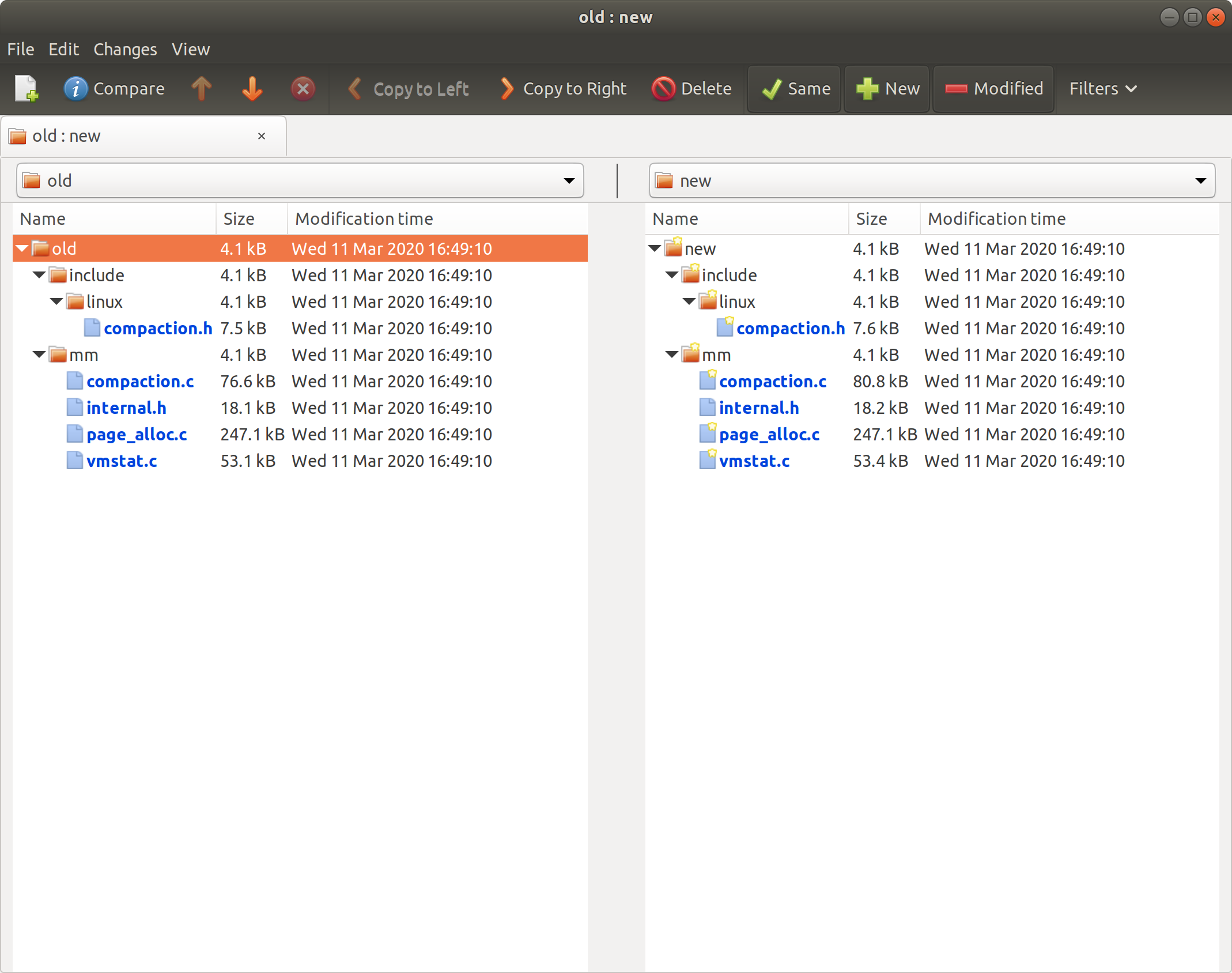For some time I’ve been looking for a backup solution for Linux that can periodically take snapshots of data, allowing me to go back in history of any file just like git. I finally found restic which fits these requirements. Here is how I set it up to take snapshots of particular directories, say every 15 minutes.
Installing restic Though restic is available in repositories of almost all Linux distros, I recommend downloading the latest release directly from GitHub to avoid dealing with potentially outdated version.
[Read More]
Google Drive on Linux
There is no official Google drive client for Linux. I tried many different clients found all over GitHub but none of them worked reliably for me except rclone. I also tried third-party proprietary clients like Insync but allowing read-write access to all your Google drive files to a closed source blob is too much to swallow.
Once caveat with rclone is that it does not natively support bi-directional sync (github issue) but someone developed a python script rclonesync-V2 which is a wrapper around rclone which does the job.
[Read More]
Faster compilation with distcc
Often, you have more than one system at your disposal but no clear way of distributing your compilation workloads over to all or some of them. They might be running different OSes which makes it look even more difficult. In my case, I have one laptop (2 cores) and a desktop (4 cores) connected with a WiFi network. The laptop runs Linux (Fedora 13 64-bit) while the desktop runs Windows 7 (64-bit).
[Read More]
Compressed RAM disk for Windows, The Virtual Way!
Recently, I developed Linux kernel driver which creates generic RAM based compressed block devices (called zram). Being RAM disks, they do not provide persistent storage but there are many use cases where persistence is not required: /tmp, various caches under /var, swap disks etc. These cases can benefit greatly from high speed RAM disks along with savings which compression brings!
However, all this seems to be completely Linux centric. But with virtualization, zram can be used for Windows too!
[Read More]
Setting up KDE API Documentation
Since last few months, I have been playing around with KDevelop which is a KDE based IDE for C/C++ any many other languages. Its a large C++ codebase and navigating through all the files, classes is quite difficult with usual VI + cscope combination. The most lacking part is a readily accessible KDE API documentation which is almost essential, no matter what component you are working on. There is a KDE API reference site but searching there for every reference is very cumbersome.
[Read More]
KXref - A KDE based code cross-referencing tool
As part of my job and for hobby projects, I often have to work on large C codebases (particularly, the Linux kernel). Like a great majority of developers, I spend almost all my work time understanding these ever evolving, huge code bases.
Few years back, the only tool I found usable for this purpose was VI editor+cscope. However, this combination falls short of various features which modern IDEs provides that make life so much easier – graphical call graph/tree, integration with SCMs (Git, Perforce etc.
[Read More]
Memory Compression support for various Linux distributions
I recently installed the latest release of Ubuntu (9.10 aka Karmic Koala) and was disappointed to find an ancient version of compcache/ramzswap installed by default. My favourite distro (Fedora) does not even ship compcache. Currently, major part of compcache/ramzswap code is included in mainline (2.6.33) however full support is expected no sooner than kernel 2.6.34. I think it will take quite a long time before 2.6.34 kernel is adopted by various distros.
[Read More]
Comprehensive graphical Git diff viewer

Since a long time, I was looking for a graphical git diff viewer which could show original and modified file side-by-side and highlight the changes. There are few solutions but none of them is sufficient:
A tool included with git called ‘git-difftool’ is partially helpful – it can show changes graphically but diff for each file is shown one-by-one. This is very irritating. In fact, unusable even with just 10-15 files.
[Read More]
Linux kernel workflow with Git
You worked on some part of Linux kernel. It works great. Now, how to generate the patch series and send it out for review? For this, I always used to generate diffs, create a set of draft mails (one for each patch) in KMail or Thunderbird, and send all these mails one-by-one. This workflow quickly became a big headache. Then I learned Git (and some related tools) to do all this from command line and wow!
[Read More]
Fedora 11 on ThinkPad W500
This was the release I was waiting for! The installation was a bit of a trouble but it was surely worth the effort. Its really the first Fedora release that I really liked. Its stable, has good hardware support and boots really quickly (<20 seconds on my system).
In my case, Windows 7 RC was already installed on one partition, so Fedora 11 (x64) was installed in second partition. So, now I have dual boot configuration – the windows boot loader presents option to continue booting windows or launch GRUB from Linux partition.
[Read More]